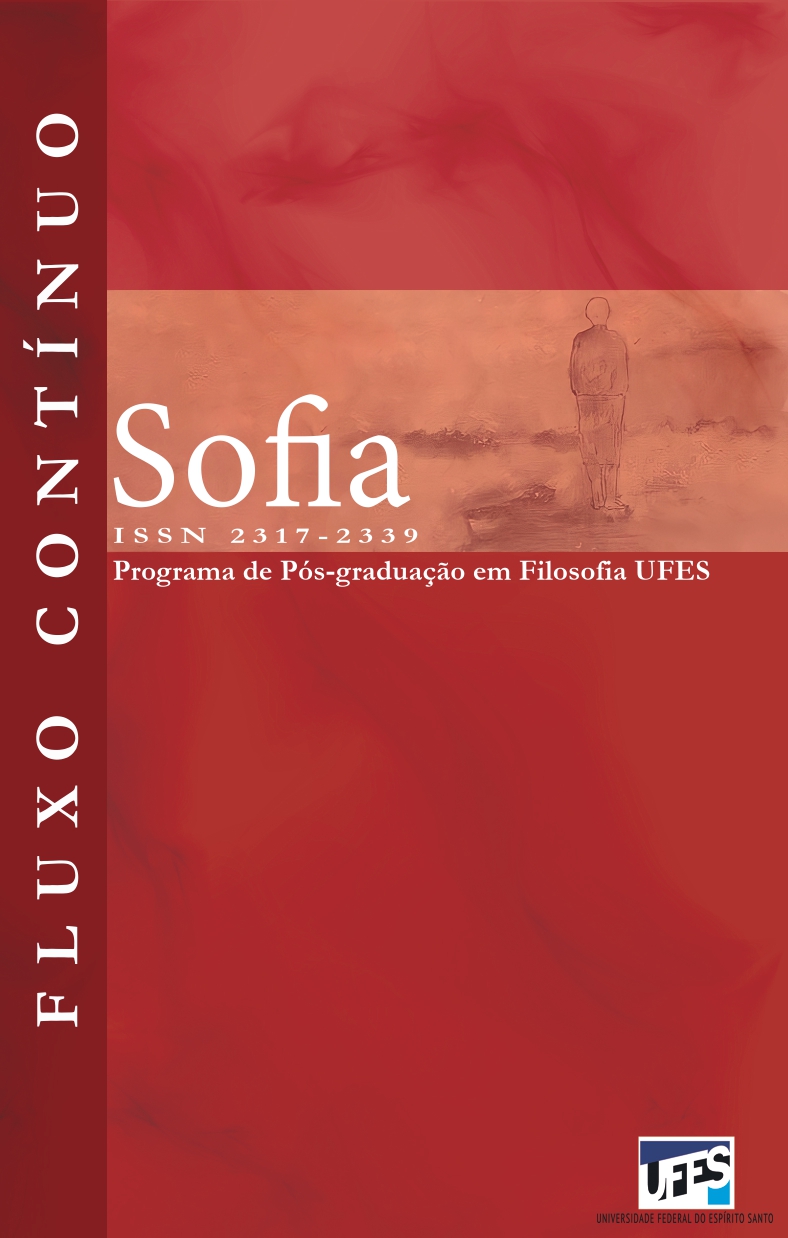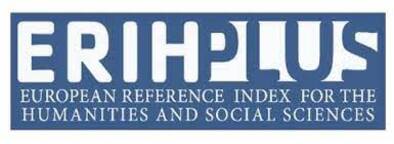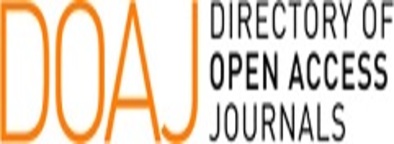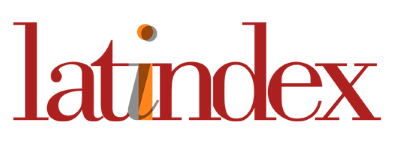Seria o argumento das anomalias não-observadas um problema para o antirrealismo científico?
DOI:
https://doi.org/10.47456/sofia.v11i2.39179Palavras-chave:
realismo científico, antirrealismo científico, anomalias não-observadas, alternativas não-concebidas, filosofia da ciênciaResumo
Neste breve ensaio viso oferecer uma apresentação à tradução do artigo “O problema das anomalias não-observadas” de Seungbae Park, publicado nesta edição da revista Sofia. No texto supracitado, Park apresenta um novo argumento contra o antirrealismo científico: o argumento das anomalias não-observadas (ou não-concebidas), que se trata de forma de indução pessimista inspirada no argumento das alternativas não-concebidas de Kyle Stanford. Argumento que, embora o argumento de Park seja engenhoso, ele não é um problema considerável ao antirrealismo, sendo, na verdade, mais problemático para o realismo científico.
Abstract
In this brief essay I aim to offer an introduction to the translation of the paper “The problem of unobserved anomalies” by Seungbae Park, published in this issue of Sofia journal. In the aforementioned article, Park presents a new argument against scientific anti-realism: the argument of unobserved (or unconceived) anomalies, which is a form of pessimistic induction inspired by Kyle Stanford's argument of unconceived alternatives. I argue that while Park's argument is interesting, it is not a considerable problem for anti-realism, and is, in fact, more problematic for scientific realism.
Referências
BUENO, O. Quase-verdade: seu significado e relevância. Disponível em: https://web.as.miami.edu/personal/obueno/Site/Online_Papers_files/QuaseVerdade_Signific%26Import.pdf Acesso em: 19/10/2022 às 09h45min.
DUTRA, L. Introdução à Teoria da Ciência. Florianópolis: Ed. da UFSC, 2017.
FINE, A. The Natural Ontological Attitude. In Scientific Realism, J. Leplin (ed.). Berkeley: University of California Press, 1984.
FRENCH, S. Ciência: conceitos-chave em filosofia. Tradução André Klaudat. Porto Alegre: Artmed, 2009.
KUHN, T. A Estrutura das Revoluções Científicas. Tradução de Beatriz V. Boeira e Nelson Boeira. 10ª ed. São Paulo: Perspectiva, 2011.
LAUDAN, L. A confutation of convergent realism. In Philosophy of Science, v. 48, n. 1, 1981.
NEWTON-SMITH, W.; LUKES, S. The Underdetermination of Theory by Data. In Proceedings of the Aristotelian Society, Supplementary Volumes, v. 52, 1978.
PARK, S. The Problem of Unobserved Anomalies. In Filosofija. Sociologija, n. 29, v. 1, 2018.
SARDI, G. Uma análise latouriana do conceito de conhecimento anterior e seu emprego no realismo científico. In Kínesis, v. 12, n. 31, 2020.
SILVA, M.; SARDI, G. O Realismo Científico e o Argumento da Subconsideração. In Sapere aude, v. 12, n. 23, 2021.
STANFORD, K. Exceeding Our Grasp: Science, History, and the Problem of Unconceived Alternatives. Oxford: Oxford University Press, 2006.
VAN FRAASSEN, B. A imagem científica. Tradução de Luiz Henrique Dutra. São Paulo: Discurso Editorial, 2007.
VAN FRAASSEN, B. Laws and symmetry. Oxford: Oxford University Press, 1989.
VAN FRAASSEN, B. The Scientific Image. Oxford: Oxford University Press, 1980.
Publicado
Edição
Seção
Licença
Copyright (c) 2022 Gabriel Chiarotti Sardi

Este trabalho está licenciado sob uma licença Creative Commons Attribution 4.0 International License.
Dada a política de acesso público da revista, o uso dos textos publicados é gratuito, com a obrigação de reconhecer a autoria original e a primeira publicação nesta revista. Os autores das contribuições publicadas são inteiramente e exclusivamente responsáveis por seus conteúdos.
I Os autores autorizam a publicação do artigo nesta revista.
II Os autores garantem que a contribuição é original e assumem total responsabilidade pelo seu conteúdo em caso de impugnação por terceiros.
III Os autores garantem que a contribuição não está sob avaliação em outra revista.
IV Os autores mantêm os direitos autorais e concedem à revista o direito de primeira publicação, sendo o trabalho licenciado sob uma Licença Creative Commons Atribuição-BY.
V Os autores são autorizados e incentivados a divulgar e distribuir seu trabalho on-line após a publicação na revista.
VI Os autores dos trabalhos aprovados autorizam a revista a distribuir seu conteúdo, após a publicação, para reprodução em índices de conteúdo, bibliotecas virtuais e similares.
VII Os editores reservam o direito de fazer ajustes no texto e adequar o artigo às normas editoriais da revista.


















